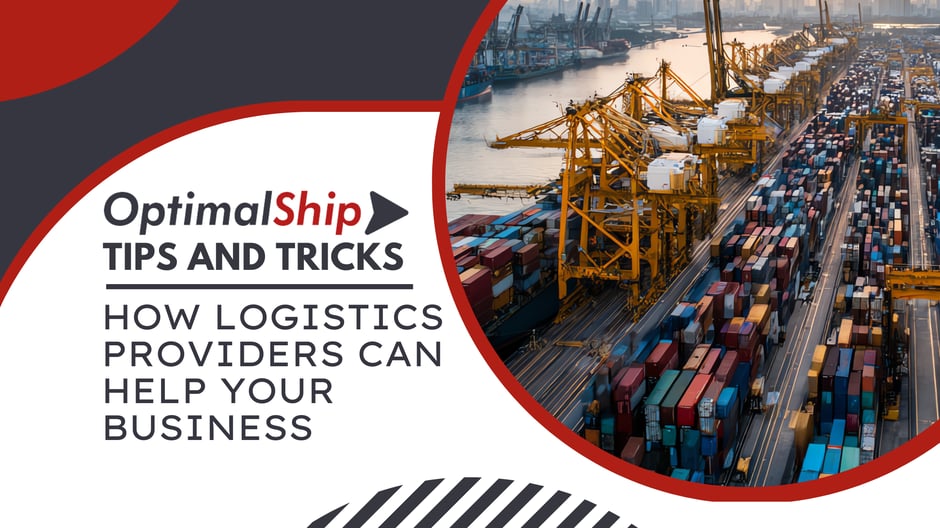
The Global Supply Chain and You
Tariff, tariff, tariff. It seems no matter where you look, that’s all people are talking about. But why? The answer is simple: the economy is built on the global supply chain. In one way or another, whether business or personal, we’re all plugged into this massive global network. So when people are talking about doing business as a part of that network, it’s understandable to be a little anxious about things.
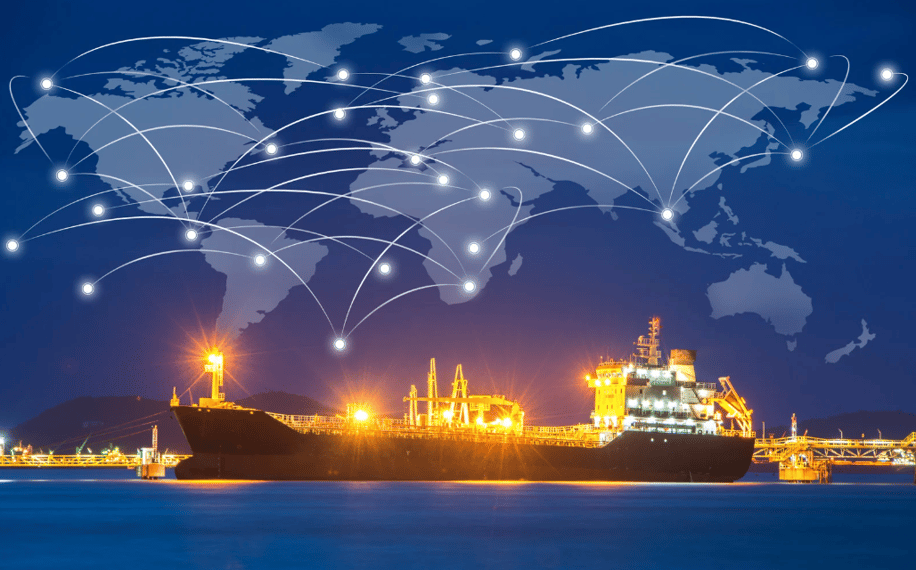
With all the these concerns, it’s very important to make savvy decisions to help your company stay afloat. However, that can be a little tricky. Companies often shrink the amount of a product they offer without changing the price (shrinkflation) or they just cut corners on production or the service they deliver. Or you can go the other direction and cut down on your labor, and have fewer staff handle more work.
All of these options are a fools errand, especially if your brand is not a household name. It’s understandable, you’re trying to protect your company through economic hard times. But handling it like this is a bit like having a hurricane coming; you need to protect your windows, so you just rip off the front door to block off the windows. It can create more problems than you were trying to solve. Even smaller moves could end up making for a death by a thousand cuts situation, which can spell doom for any company.
In short, prioritizing short-term mitigation can spell out long-term disaster if you are making the wrong decisions. So then, what is a business owner supposed to do? How can someone help their company weather the potential economic storm?
Logistics Providers: Your Supply Chain Partner
Well, the good news is you still have options. All is not lost and you’re still in the game!
First things first, you need to remember; no matter what, your business is plugged into the global supply chain. Even if your company isn’t shipping internationally directly, someone in your network is. That means that rising costs coming in the supply chain will snowball down from the top, to your company, and ultimately your consumers. It’s a proverbial game of passing the economic buck. But, there may be a way out for your company: partnering with a logistics provider.
What is a logistics provider? It’s a company that works with all the major shipping carriers (DHL, FedEx, UPS, etc.). They connect to the domestic shipping network here in the United States, and also the global network. A logistics provider can negotiate the best rates with the big shipping carriers. They can take on the volume and other requirements that smaller companies can’t satisfy on their own.
OptimalShip is an example of a logistics provider. We partner with the big carriers and take on the requirements needed to gain access to their wholesale shipping rates. Think of it as we’re adding your company as an additional user to our Costco membership. This arrangement allows us to offer your company wholesale rates on domestic and international shipping options, that smaller companies can’t get on their own directly from the carrier.
In an economy like this, paying wholesale rates on anything can pay dividends. Why do people shop at places like Costco? Because it’s cheaper in the long run to buy in bulk with a cheaper price per unit. Same story for shipping, only you don’t have to worry about filling your “pantry” with bulk product you’re not sure you’ll use.
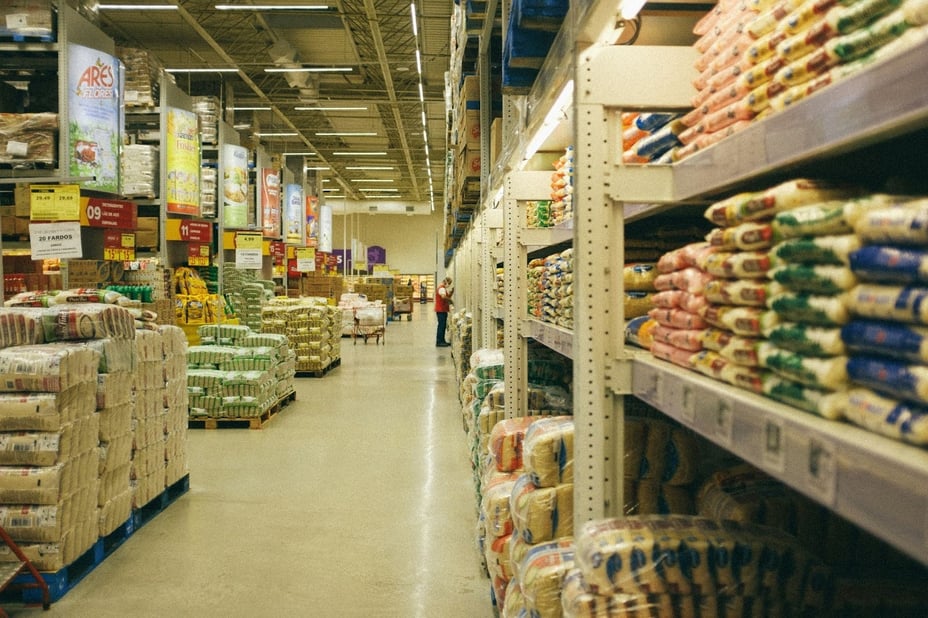
Think about the money you can save on shipping costs, especially if you do a lot of importing and/or exporting. Those savings add up, and they’d go a long way to protecting up your profit margin without passing the economic buck. Meanwhile, you don’t have the pressure to use all that extra capacity that comes when buying in bulk. The best of both worlds!
An Army of Experts at Your Disposal
But that’s not all, there are more benefits you can gain from partnering with a logistics provider. I’ll continue to use OptimalShip as our example. After all, there’s more benefits that just cutting shipping costs. The price you pay for anything is ultimately only as good as the value you derive from it, and our goal is to deliver as much value to your shipping as possible.

One thing a logistics provider can provide, over working with the big carriers directly, is a network of experts who are plugged into the shipping industry. More than likely, you do not have the bandwidth to keep up with what’s happening in the domestic logistics industry, let alone globally. However, providers like OptimalShip; that’s what we do. It’s our job to make sure we’re up to date and to keep our finger on the pulse of the global supply chain.
How does this relate to tariffs? Let’s put it like this: there are 256 countries and territories throughout the world, each with their own different rules and regulations and how they interact with businesses in the United States. Even ignoring the whole financial angle, that’s a lot of red tape to keep track of, even under stable economic conditions. I don’t need to tell you the last thing you want is some crucial shipment getting held up in customs somewhere because you weren’t aware of some rule change.
That’s why it pays dividends to have an expert (or ideally a team of experts) that keep track of all this. Our team is constantly monitoring the customs clearance of all of our international parcels. On top of that, we always keep up with industry news; which we then relay to our clients to make sure your operations keep moving smoothly. That peace of mind alone can be invaluable if your company already has what feels like too many plates spinning at a time.
You’d expect service like that to cost a fortune, but…it doesn’t!
Now I can hear you thinking, “What’s the catch?” Here’s how it works:
How do I Save Money on International Shipping?
I’ve pointed out previously how logistic providers are able to meet the wholesale requirements that smaller companies can’t, which allows your company to access savings that would otherwise be unavailable to a small company. We give you access to our Costco account. But there’s more to the picture.
Let’s talk specifically about international shipping. Did you know that UPS and FedEx have both raised their international rates this year? Why? It’s because domestic shipping is what they do best. International shipping isn’t as big of a priority for these companies, and that’s because DHL is already the master of international shipping. They have the biggest overseas network in the world. In fact, many people across the world use “DHL” as a verb when they’re talking about shipping something. We may not talk much about DHL here in the US, but it’s ubiquitous overseas. I used to live in Japan, and not a day went by when I didn’t see a DHL truck when I was walking the streets of Tokyo.
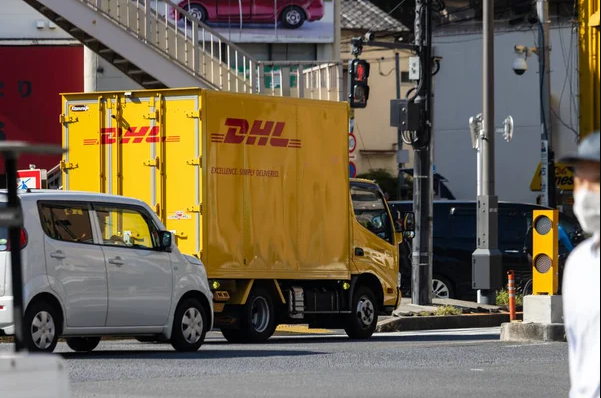
But why does any of that matter to me? It matters, because DHL is the biggest shipping network in the world. That means they can adopt a volume profit model since they have so many customers utilizing their network. That is to say that they can better mitigate the rising costs of manpower and regulatory fees needed to clear customs better than other carriers can. Thanks to this ability, DHL can continue to offer discounted rates in spite of these rising costs afflicting the logistics industry.
I should also mention that if you’re one of our clients and are concerned about planning for these duty/tax costs or have any questions related to tariffs, our team is able to provide cost estimates and give personalized guidance on how to deal and what to expect from tariffs. We deal with this stuff every day. We’re used to it so you don’t have to be.
Conclusion
So let’s summarize what all this means. In short, economic conditions are scary right now, especially if your business is dependent on shipping to or from overseas destinations (though we all are to some degree). Everywhere you look, it seems like there’s some new tariff or rule applied to the business your company does in a certain country. Even setting aside the cost angle, that is a massive number of plates to keep spinning at once, and the last thing you want is to gum up the works by having a crucial shipment held up in customs. And on top of that, it can be hard for a struggling company to get the help they need: be it in the form of having the right people or getting the best prices on their shipping rates. These are real issues companies across the United States are facing right now.
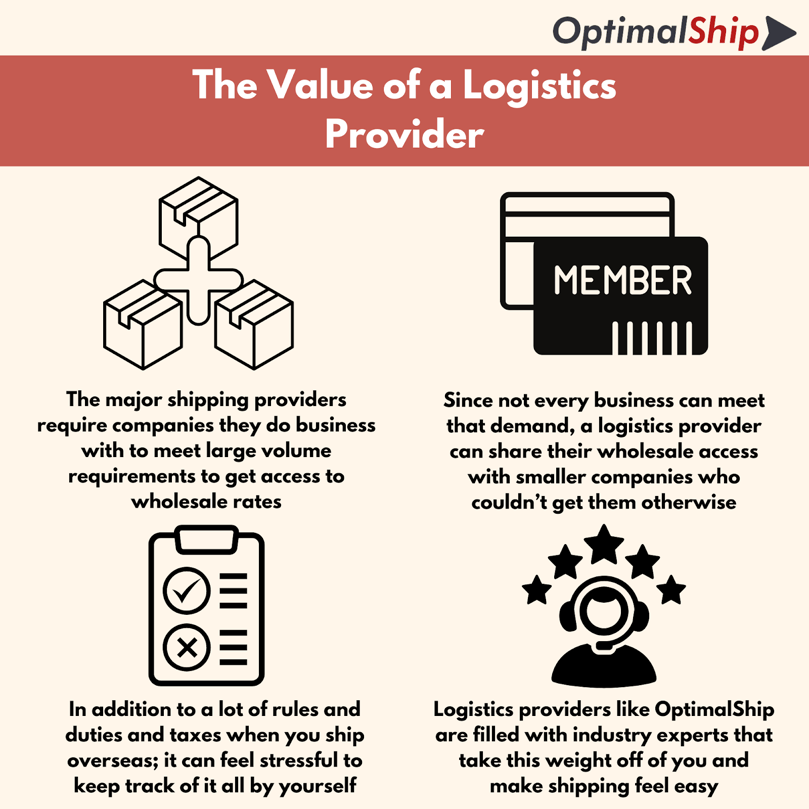
That’s why logistic providers are able to provide massive support to your business. Not only can they provide wholesale rates on shipping that would otherwise be unavailable to many small and medium sized businesses. They can also provide you with valuable, industry expertise. In short, they offer you the best service for the best price, which can be an invaluable asset in helping your company weather this economic storm.
The Global Supply Chain and You
Want to see for yourself? Check out our free quote tool:
If you’d like to speak to a rep on how you can access these benefits; click the button below to sign up for a free consultation:
To learn other tips and tricks in the logistics industry, check out our other blogs here:


